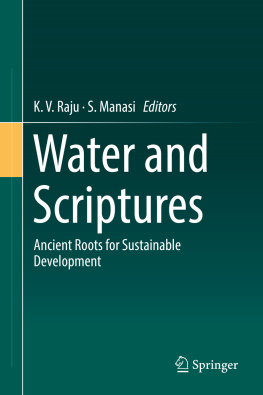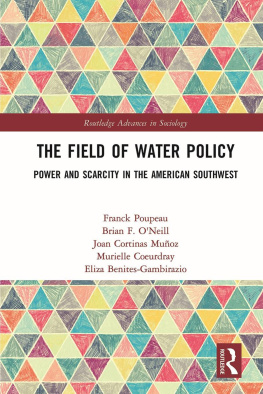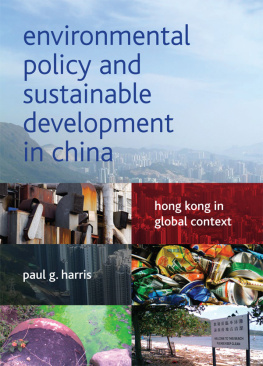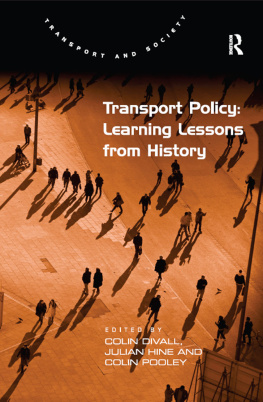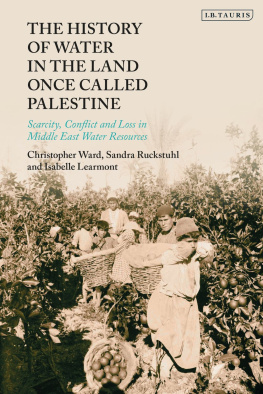Introduction
Across the world, various cultures and their practices have influenced, for thousands of years, the way people perceive and practice the use and abuse of natural resources. Relations between people and their environments are embedded in culture (Schelwald-van der Kley and Reijerkert ) highlighting different key characteristics of culture and explains how culture manifests itself at different stages in life, affects the behavioural pattern of people and its interpretation and influences biological processes as well. Currently, natural resources management is planned in isolation resulting in piecemeal approaches. Cultural aspects that play an important role affecting behavioural patterns are not included, thus making sustainable management of resources a futile exercise in several situations.
In the recent decades, the climate change challenge encountered is a serious concern across the globe. Several national and international efforts are intended towards combating the effects of climate change. Climate variations have always been witnessed with natural influences, however, lately; there are strong evidences that human actions are main drivers of the recent increase in global temperatures that affect precipitation patterns and extreme weather events. The fifth Intergovernmental Panel on Climate Change (IPCC) report states with 95% confidence that humans are the main cause of the current global warming. According to NASA and NOAA data, 2015 was the hottest year and since 1992, almost every year has been indicating an increasing trend. Water, agriculture, energy and climate change are all related, and their harmony is important for sustainable development. With growing disharmony across these sectors, earth will be facing grave consequences.
The present threats of climate change are widely discussed in the context of bringing about a collective behavioural change. Based on American Psychological Associations report on Climate Change, an interface between Psychology and Global Climate Change points out ways psychology can aid people adopt more environmentally friendly behaviour and ways to incorporate it into policy and behavioural research to strengthen environmental laws and regulations (Price ). There is a broad consensus that global warming is caused due to anthropogenic factors and will continue if greenhouse gas emissions are not radically reduced. Several initiatives in resource management, technological interventions, economic initiatives, law and regulations, financing environmental challenges and several other approaches have not been able to completely resolve the crisis. This brings us to the stage wherein there is need for more than just business-as-usual solutions mentioned above.
All this brings to the fore the need to explore a holistic stewardship approach to seeking effective solutions to mitigate environmental challenges. It would be useful to understand the key changes in existing value systems, cultural practices and mindsets. There is still lack of proper understanding about the causes of anthropogenic factors on environment from the cultural perspectives on the problems that are prevailing in current contexts and what religion has got to offer to bring about the needed change. Based on the learnings from scriptures, we intend to evolve policy options for basing natural resources management that is inclusive of cultural understanding and contexts so that cultural techniques may be included in addressing current challenges. To begin with, we will focus on water the critical element for sustainer of life since it is one of the resources that is under serious threat paving the world towards severe water crisis. According to the United Nations (), water use has grown more than twice the rate of population increase in the last century. By 2025, an estimated 1.8 billion people will live in areas plagued by water scarcity, with two-third of the worlds population living in water-stressed regions resulting from use, growth and climate change.
Peter Gleick in his article State of the Planet says, The most serious unresolved water problem is the continued failure to meet the basic human need for water. Thus, water resources management demands a holistic approach across the globe, given the fact that water knows no boundaries. Water has several functionseconomic, ecological, societal and spiritual. Hence, water management needs to be sustainable. Schelwald-van der Kley and Reijerkert () argue that water plays a fundamental role in the life of societies ; it has a strong cultural dimension and no sustainable solutions can be found by omitting this dimension. They stress that intimate relationship between water and people should be considered during decision-making processes. The way water is conceived, valued, understood, managed, used or abused, worshipped or desecrated are all influenced by the cultures. We too see the immense scope for integrating the cultural dimension, however; we will focus specifically to water in religious scriptures. We see that wise management of water based on the spiritual principles of justice and equity integrating other disciplines and stakeholders would play an important role in sustainable water use.
As per the UNESCO report (), Water is probably the only natural resource to touch all aspects of human civilizationfrom agricultural and industrial development to the cultural and religious values embedded in society. The need and demand for water have been a driving force for health, for society, for economic prosperity, for cultural significance and development throughout human history. Cultural differences play a key role in the way water is perceived, valued and managed in different societies. All views on water are linked to its fundamental functions and its relevance to life. The fact that water is necessary for survival makes it a key part of culture. Moreover, all major civilizations developed around large sources of water and mostly around sources of freshwater.
The significance of water and scriptures in a nutshell describes water as a physical substance, a biological necessity, an intrinsic part of peoples identities, cultures, religious perceptions of themselves and the Otherworld or the life thereafter. Water in its many facets matters for humans, while the social, cultural, ideological and religious roles of water include deep ontological relations and identities ranging from personal perceptions and gender relations to rainmaking and fertility rites for the benefit of the whole society as well as perceptions of cosmological realms and religious beliefs (Oestigaard ).
Drawing from the messages across the World Water Day conferences held by the UNESCO, several dimensions depicting the inter-linkages between water and culture were highlighted. It emphasizes the relevance of culture in protecting water resources. The universal declaration of the 2002 Paris World Water Day stresses that water and culture are intertwined, hence, Promote understanding that Water and Culture are inseparable elements of human life. Culture should be regarded as the permanently evolving set of distinctive spiritual, material, intellectual and emotional features of society or a social group. It encompassesin addition to art and literature, lifestyles, ways of living together, value systems, traditions and beliefs (UNESCO Universal Declaration on Cultural Diversity, UNESCO, Paris ) also focused on the theme Water and Culture under the leadership of the UNESCO. Several messages brought out in a summation focused on promoting inclusive and solution oriented water governance and encouraging artistic expressions on water issues for creating awareness, understanding and sharing information.

